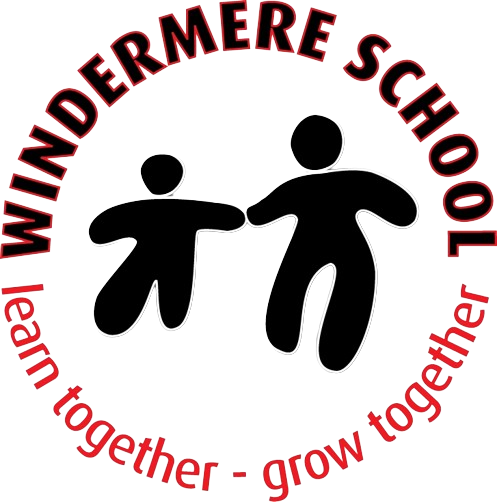Science
“A high-quality science education provides the foundations for understanding the world through the specific disciplines of biology, chemistry and physics. Science has changed our lives and is vital to the world’s future prosperity, and all pupils should be taught essential aspects of the knowledge, methods, processes and uses of science.”
The Primary National Curriculum 2014
Intent
The national curriculum for science aims to ensure that all pupils:
- develop scientific knowledge and conceptual understanding through the specific disciplines of biology, chemistry and physics
- develop understanding of the nature, processes and methods of science through different types of science enquiries that help them to answer scientific questions about the world around them
- are equipped with the scientific knowledge required to understand the uses and implications of science, today and for the future
As a school, we aim for science teaching to be as practical and as investigative as possible. This helps children to make good learning links and to remember what they have found out.
Implementation
The school is well-resourced for primary science and practical activities are a key feature of science learning. Pupils are encouraged to investigate scientific ideas: planning and carrying out investigations and then recording and analysing results in order to draw conclusions. In science lessons pupils may undertake one, some or all elements of an investigation, in order to develop scientific thinking and scientific working. The application of science in other subjects, such as design and technology, helps to embed and further learning.
Vocabulary grids develop children’s scientific vocabulary and help them to articulate scientific concepts clearly.
